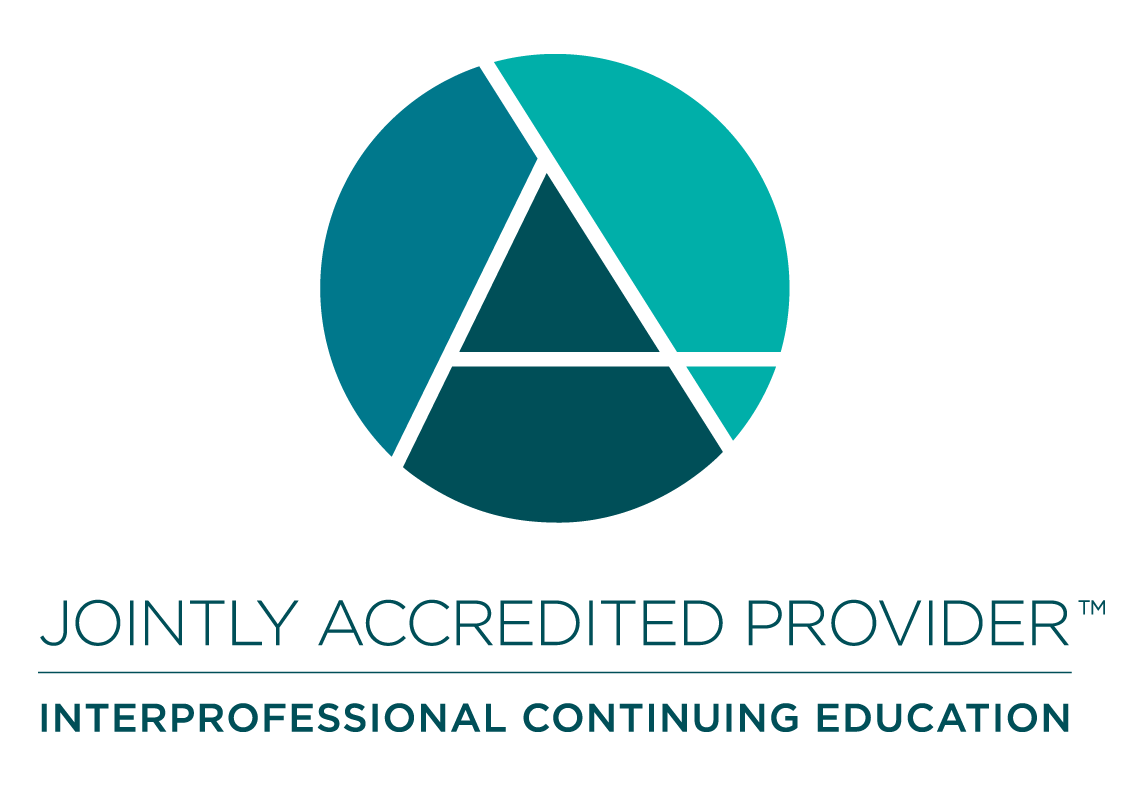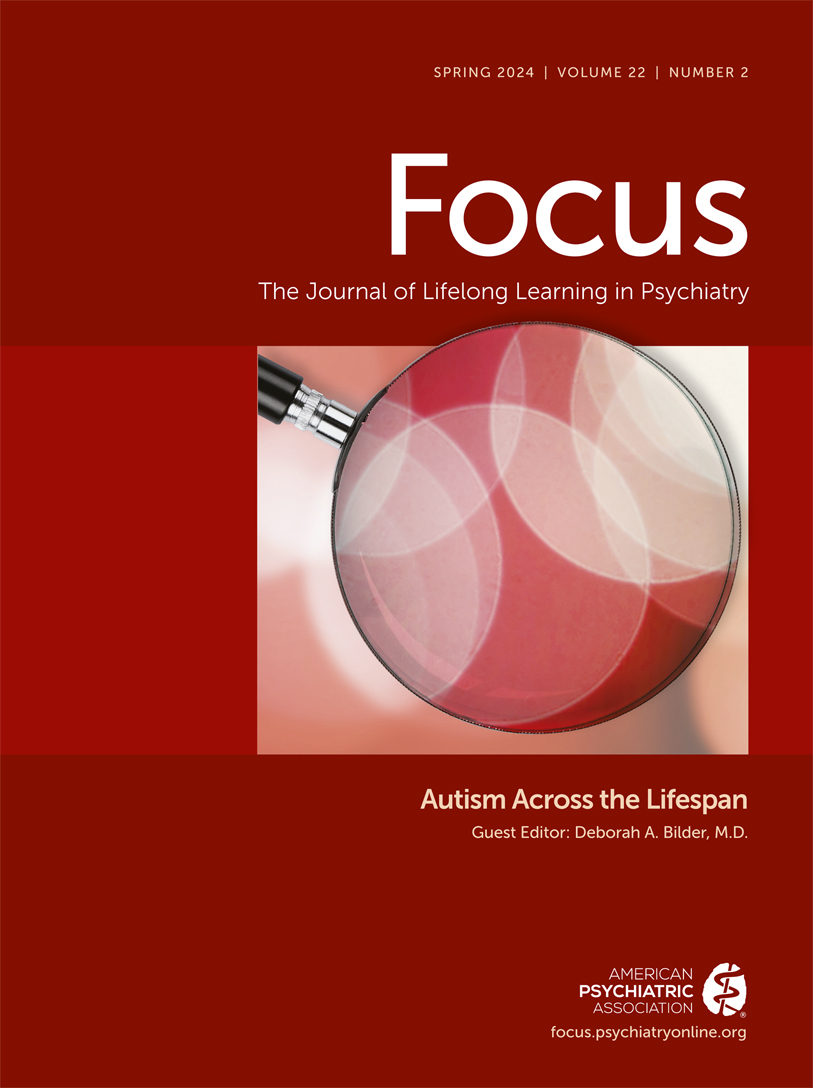About FOCUS
The Journal of Lifelong Learning in Psychiatry
Editor: Mark Hyman Rapaport, M.D.
Focus is a journal published by the American Psychiatric Association that offers clinical reviews and original research for practicing psychiatrists to keep abreast of significant advances in the field. Developed as part of APA’s “Lifelong Learning in Psychiatry” series—educational initiatives to meet the changing needs of psychiatrists for the 21st century—Focus has as its goal the dissemination of up-to-date information while facilitating lifelong study skills and critical self-assessment for improving patient care and preparation for maintenance of certification (MOC). All content undergoes peer review overseen by Editors who are recognized leaders in their fields and an Editorial Board of distinguished faculty. Each issue is designed as a personal study resource with particular attention to clinical practice and offers opportunities to earn AMA PRA Category 1 Credit™.
Each year, this quarterly publication addresses four core areas in psychiatry, with a section in each issue overseen by a Guest Editor expert in that area. This thought leader works with fellow experts and advisors to deliver content that keeps you abreast of the field through:
- New articles that brief you on new developments and review the current state of practice;
- Features designed to improve your ability to evaluate, diagnose, and manage clinical problems; communicate with your patients; and handle ethical dilemmas; and
- Curation of the publications that have shaped the thinking in the field.
Each issue also includes a quiz that allows you to earn up to 5 AMA PRA Category 1 Credits™—for a total of up to 20 per year—and all this can be done quickly online, with your CME certificate available immediately.
A subscription to Focus also provides an annual self-assessment examination that allows you to earn up to 24 AMA PRA Category 1 Credits™ and is approved by the American Board of Psychiatry and Neurology for MOC, Part 2. The Focus Self-Assessment test booklet is sent to subscribers with the Fall issue of the journal and is available online in October of each subscription year.
Learn More
The American Board of Psychiatry and Neurology has reviewed FOCUS: The Journal of Lifelong Learning in Psychiatry and the FOCUS Self-Assessment Examination and has approved this program as part of a comprehensive lifelong learning and self-assessment program, which is mandated by the ABMS as a necessary component of maintenance of certification.
The FOCUS Self-Assessment Program is also accredited for up to 24 hours of continuing professional development per year under Section 3 of the Maintenance of Certification program of the Royal College of Physicians and Surgeons of Canada.
In support of improving patient care, the American Psychiatric Association is jointly accredited by the Accreditation Council for Continuing Medical Education (ACCME), the Accreditation Council for Pharmacy Education (ACPE), and the American Nurses Credentialing Center (ANCC) to provide continuing education for the healthcare team.
The American Psychiatric Association designates this Journal-based CME activity for a maximum of 44 AMA PRA Category 1 Credits™. Physicians should only claim credit commensurate with the extent of their participation in the activity.



